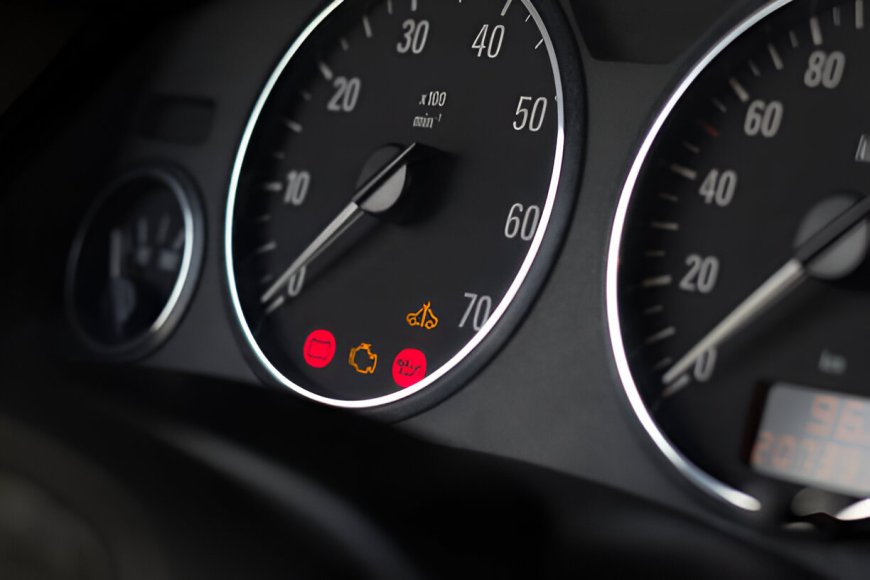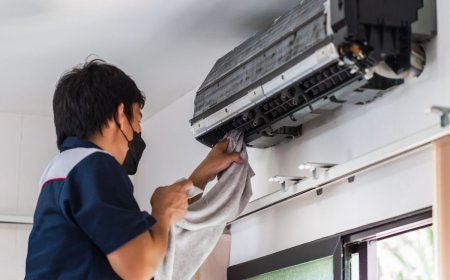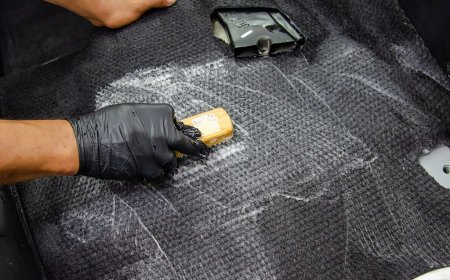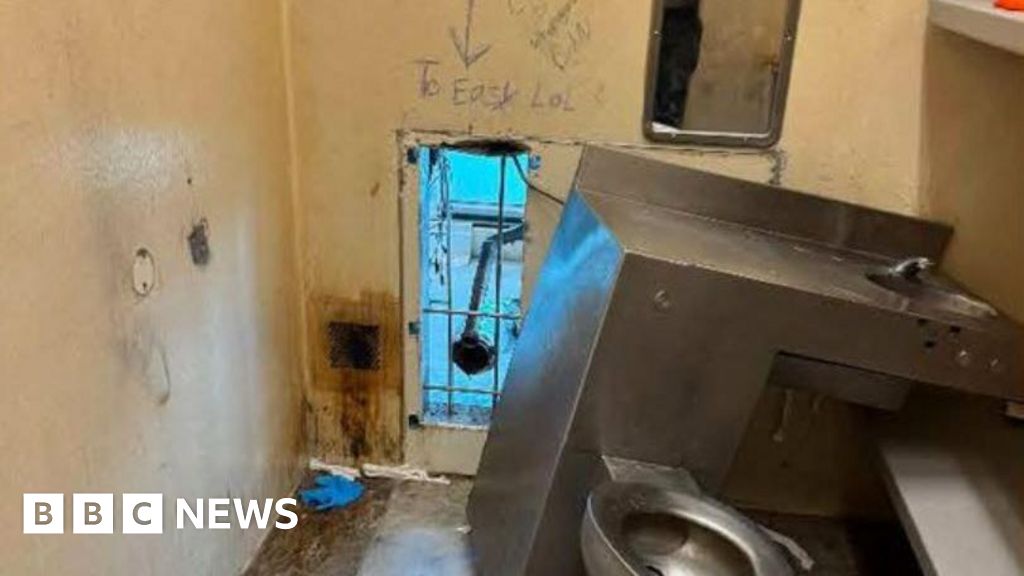Raleigh Check Engine Light Repair Experts | Triangle Car Care
Expert check engine light diagnostic and repair services at Triangle Car Care in Raleigh, NC. Fix issues like check engine light flashing, car shaking, or light on but car runs fine.

When your vehicle's check engine light illuminates, it can spark immediate concern. Is it a minor issue, or is your car on the brink of a major breakdown? At Triangle Car Care in Raleigh, NC, we specialize in check engine light diagnostic services to pinpoint the root cause of the problem and get you back on the road safely. In this comprehensive guide, we’ll explore what a check engine light means, why it might be flashing, and how our expert technicians can resolve issues like a check engine light flashing and car shaking or a check engine light on but car runs fine.
Understanding the Check Engine Light
The check engine light (CEL) is part of your vehicle’s onboard diagnostics system (OBD-II), designed to monitor engine performance and emissions. When the system detects an issue, it triggers the light to alert you. The problem could range from a loose gas cap to a severe engine misfire. Ignoring the light, especially a check engine light flashing, can lead to costly repairs or unsafe driving conditions.
At Triangle Car Care, our state-of-the-art check engine light diagnostic tools allow us to read the diagnostic trouble codes (DTCs) stored in your vehicle’s computer. These codes provide critical clues about the issue, enabling our ASE-certified technicians to recommend precise repairs.
Common Causes of a Check Engine Light
A check engine light can be triggered by hundreds of issues, but some are more common than others. Here are a few frequent culprits:
-
Faulty Oxygen Sensor: A malfunctioning O2 sensor can reduce fuel efficiency and increase emissions.
-
Loose or Damaged Gas Cap: A simple fix, but it can trigger the light if not sealed properly.
-
Catalytic Converter Issues: A failing catalytic converter can cause performance problems and environmental harm.
-
Spark Plug or Ignition Coil Problems: These can lead to misfires, often causing a check engine light flashing and car shaking.
-
Mass Airflow Sensor Failure: This sensor monitors air intake, and issues can disrupt engine performance.
Even if you notice a check engine light on, but the car runs fine, it’s wise to schedule a diagnostic appointment. Small problems can escalate if left unaddressed.
Why Is My Check Engine Light Flashing?
A check engine light flashing is a warning that requires immediate attention. Unlike a steady light, a flashing CEL typically indicates a severe issue, such as an engine misfire. Driving with a flashing light can damage critical components like the catalytic converter, leading to repairs costing thousands of dollars.
Common Reasons for a Flashing Check Engine Light
-
Engine Misfire: A misfire occurs when one or more cylinders fail to combust fuel properly, causing rough idling or shaking.
-
Fuel System Problems: Issues with fuel injectors or the fuel pump can disrupt combustion.
-
Ignition System Failure: Faulty spark plugs, ignition coils, or wiring can trigger misfires.
If you experience a check engine light flashing and car shaking, pull over safely and contact Triangle Car Care. Continuing to drive can exacerbate the problem, leading to more extensive damage.
Check Engine Light On but Car Runs Fine: Should You Worry?
It’s tempting to ignore a check engine light on, but the car runs fine, but this can be a risky decision. A steady light often indicates a less urgent issue, such as a minor emissions problem or a sensor malfunction. However, even small issues can impact fuel economy, emissions, or long-term engine health.
For example, a faulty oxygen sensor might not cause noticeable symptoms but can reduce gas mileage by up to 40%. Scheduling a check engine light diagnostic at Triangle Car Care ensures you catch these issues early, saving you money and preventing future breakdowns.
How to Fix Check Engine Light Flashing
A check engine light flashing is a red flag that demands immediate action. Here’s a step-by-step guide to addressing the issue:
-
Stop Driving Immediately: A flashing light often signals an engine misfire, which can damage the catalytic converter. Pull over safely and turn off the engine.
-
Check for Obvious Issues: Inspect the gas cap to ensure it’s tight. A loose cap can sometimes trigger the light.
-
Schedule a Diagnostic Appointment: Contact Triangle Car Care for a professional check engine light diagnostic. Our technicians use advanced OBD-II scanners to identify the exact issue.
-
Address the Root Cause: Based on the diagnostic codes, we may replace spark plugs, ignition coils, or other faulty components. For example, a misfire might require new spark plugs or a fuel system cleaning.
-
Clear the Codes: After repairs, we’ll reset the check engine light and test-drive your vehicle to ensure the issue is resolved.
-
Prevent Future Issues: Regular maintenance, such as timely oil changes and tune-ups, can prevent many





































































